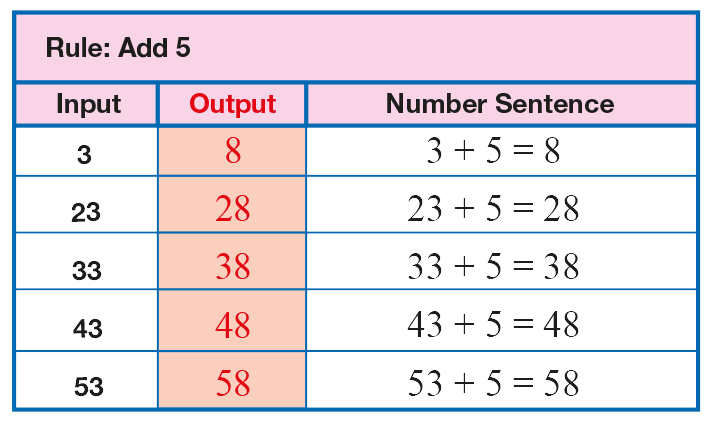O
odd number
Numbers that have leftovers if you make two equal groups or groups of 2. Numbers that end with 1, 3, 5, 7, or 9.
one-eighth
One-eighth is one piece of a whole or group divided into eight equal parts or eight "fair shares." (See also eighths and fair share.)
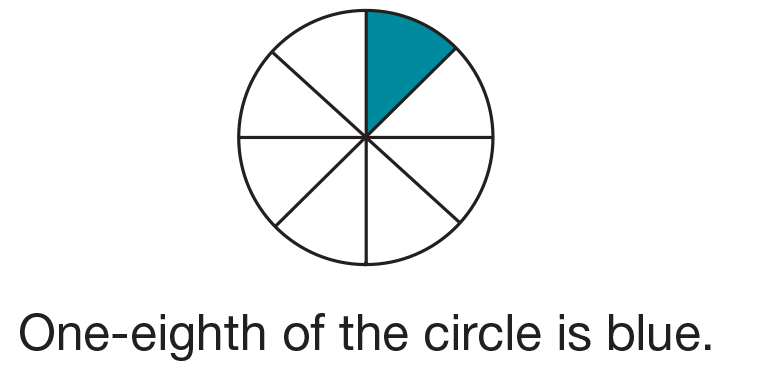
one-fourth
One-fourth is one piece of a whole or group divided into four equal parts or four "fair shares." (See also fair share and fourths.)
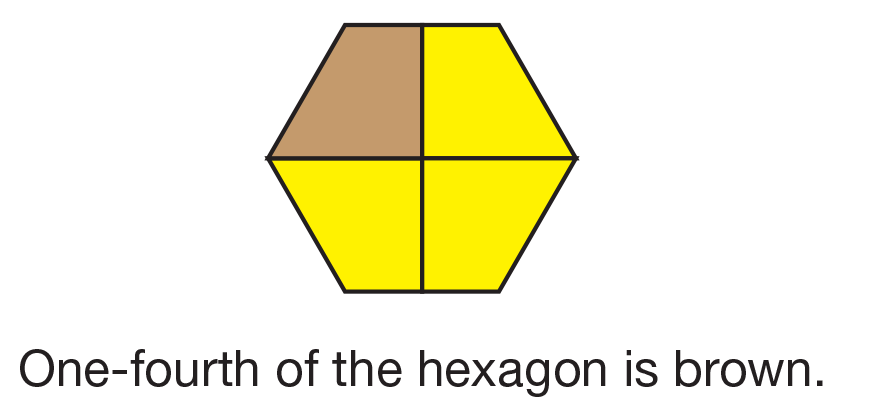
one-half
One-half is one piece of a whole or group divided into two equal parts or two "fair shares." (See also fair share and halves.)
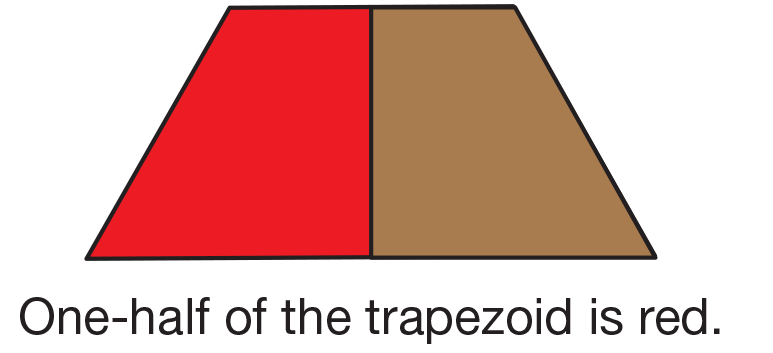
one-sixth
One-sixth is one piece of a whole or group divided into six equal parts or six "fair shares." (See also fair share and sixths.)
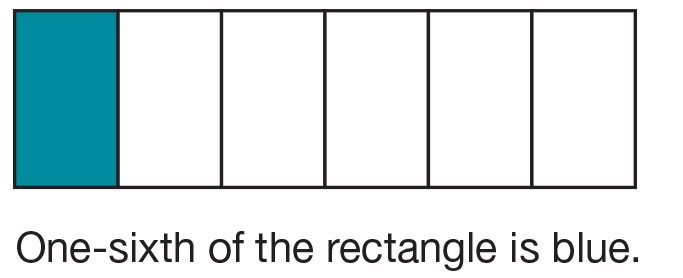
one-third
One-third is one piece of a whole or group divided into three equal parts or three "fair shares." (See also fair share and thirds.)
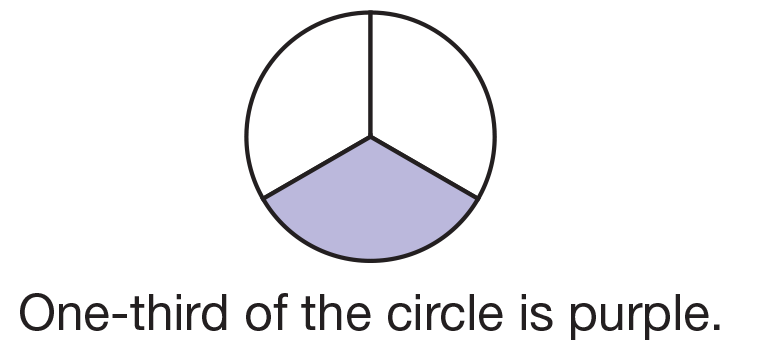
ones
1. The whole numbers that are one digit long (0−9).
2. The first place or column from the right is called the ones place. For example, in the number 215, the 5 represents 5 ones.

ones left over
The "ones left over" are what remains after making equal groups or fair shares.
order
Arrange or place things in sequence, one after another. For example, order the objects from least to most mass.
origin
The place from which we start a measurement.
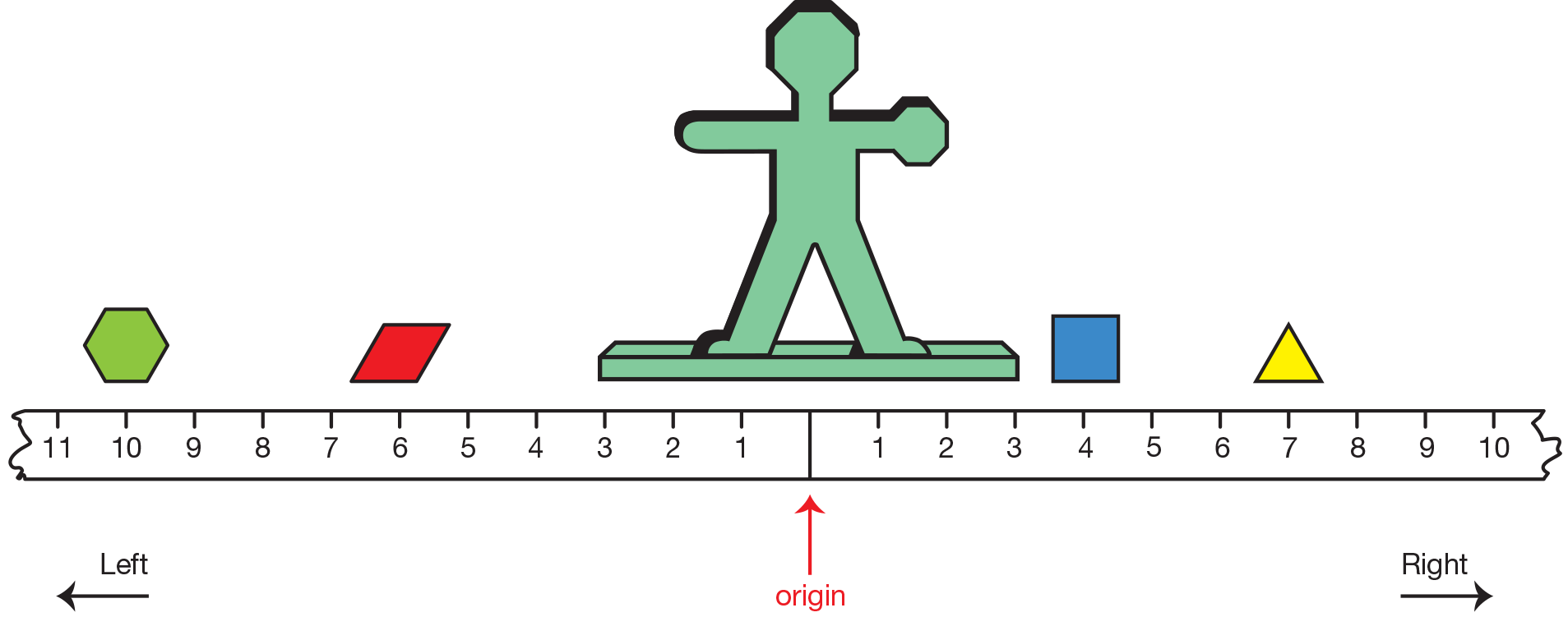
output
The number you get in a rule machine when you use the rule on the input number. (See also input and rule machine.)
